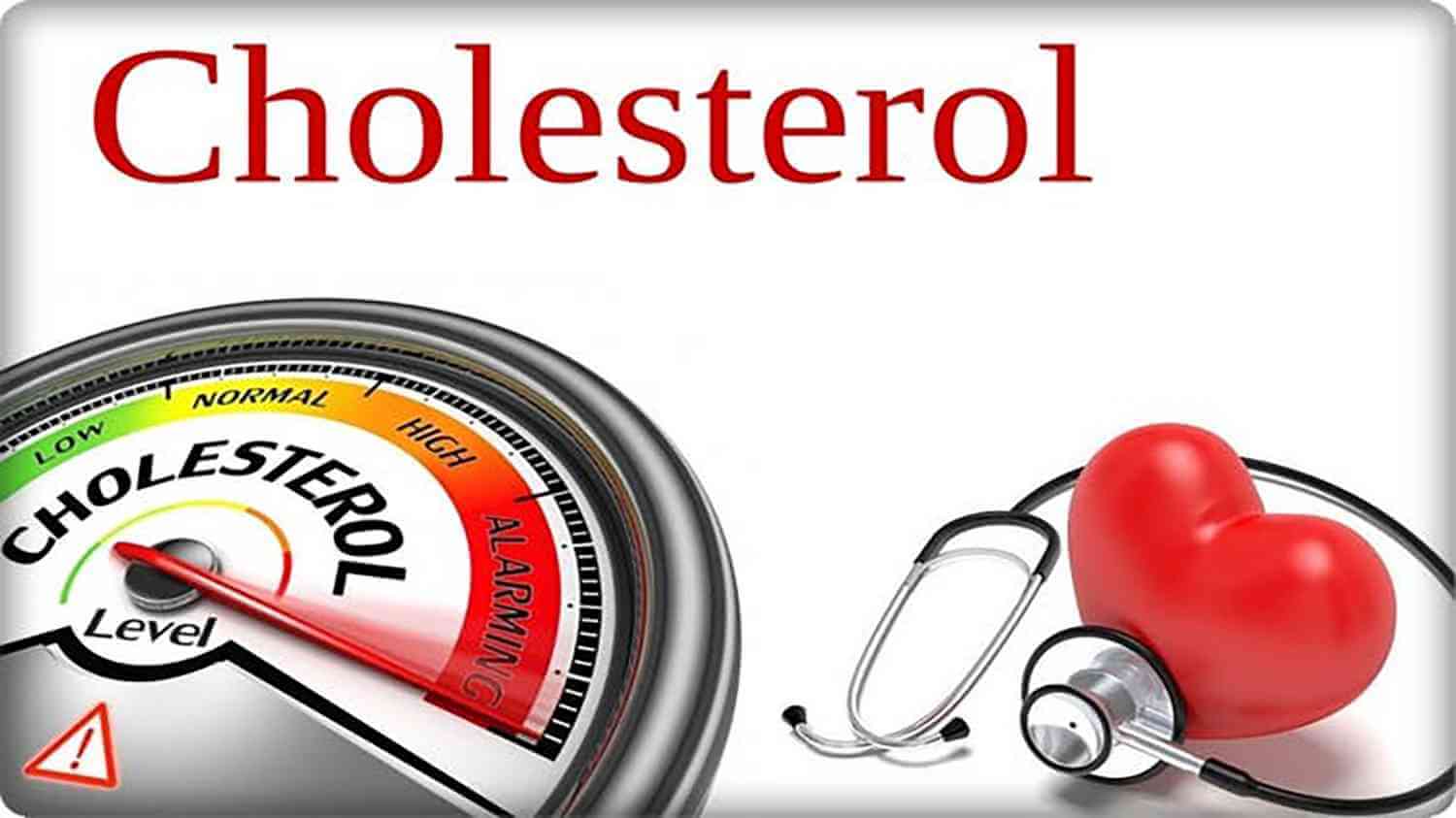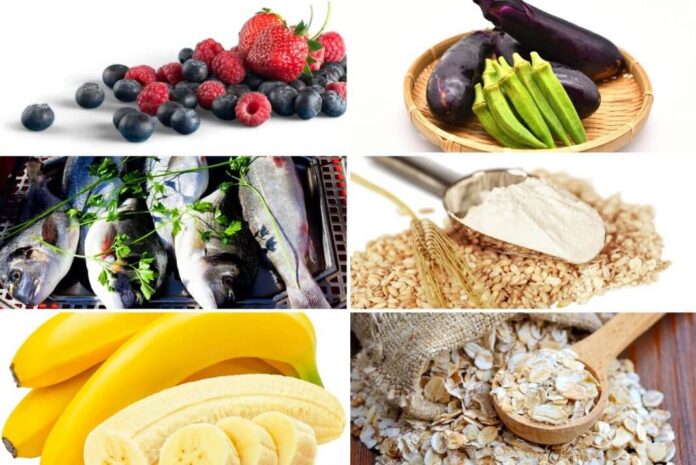Deprecated: str_contains(): Passing null to parameter #1 ($haystack) of type string is deprecated in /home2/kitchn2/public_html/wp-includes/shortcodes.php on line 246
Deprecated: str_contains(): Passing null to parameter #1 ($haystack) of type string is deprecated in /home2/kitchn2/public_html/wp-includes/shortcodes.php on line 246
Limiting saturated fats in your diet along with regular exercise and other healthy practices may help lower the low-density lipoprotein (LDL) in your blood.
Cholesterol is made in your liver and has many important functions. For example, it helps keep the walls of your cells flexible and is needed to make several hormones.
However, like anything in the body, too much cholesterol (or cholesterol in the wrong places) creates concerns.
Like fat, cholesterol does not dissolve in water. Instead, to move around the body, it depends on molecules called lipoproteins. These carry cholesterol, fat, and fat-soluble vitamins in your blood.
Different kinds of lipoproteins have different effects on health. For example, high levels of low-density lipoprotein (LDL) results in cholesterol deposits in blood vessel walls, which can lead to:
- clogged arteries
- stroke
- heart attack
- kidney failure
In contrast, high-density lipoprotein (HDL) helps carry cholesterol away from vessel walls and helps prevent these conditions.
There are many natural ways to increase HDL (good) cholesterol and lower LDL (bad) cholesterol.
The link between dietary and blood cholesterol

The liver produces as much cholesterol as your body needs. It packages cholesterol with fat in what’s called very low-density lipoproteins (VLDL).
As VLDL delivers fat to cells throughout the body, it changes into the more dense LDL, which carries cholesterol wherever it is needed.
The liver also releases HDL, which then carries unused cholesterol back to the liver. This process is called reverse cholesterol transport, and it protects against clogged arteries and other types of heart disease.
Some lipoproteins, especially LDL and VLDL, are prone to damage by free radicals in a process called oxidation. Oxidized LDL (oxLDL) and VLDL (oxVLDL) are even more harmful to heart health.
Although food companies often advertise products as being low in cholesterol, recent research has shown that dietary cholesterol actually has only a small influence on the amount of cholesterol in the body.
This is because the liver changes the amount of cholesterol it makes depending on how much you eat. When your body absorbs more cholesterol from your diet, it makes less in the liver.
Current guidelines by leading U.S. health organizations for lowering risk of heart disease no longer contain specific recommended levels for dietary cholesterol, including the:
- American Heart Association (AHA)
- American College of Cardiology (ACC)
- 2020–2025 Dietary Guidelines for Americans (DGA)
Beginning in its 2015–2020 guidelines and continuing in the current 2020–2025 guidelines, the Dietary Guidelines Advisory Committee eliminated its previous recommended daily cholesterol limit in favor of a new focus on dietary patterns rather than macronutrients. Its recommendations are based on an extensive review of recent research.
The 2020 DGA recommends, for people 2 years old and over, to limit intake of saturated fat to less than 10% of calories per day. They also recommend replacing saturated fats with unsaturated fats, particularly polyunsaturated fats.
The guidelines do recommend moderating cholesterol consumption, but this is more to limit the saturated fat that often accompanies cholesterol in foods than to limit intake of cholesterol itself.
While dietary cholesterol may have little influence on your body’s cholesterol levels, other factors in your life may, such as:
- family history
- smoking
- a sedentary lifestyle
- heavy alcohol consumption
Healthy lifestyle choices can help turn the tide by increasing the beneficial HDL and decreasing the harmful LDL. Read on to learn about natural ways to improve your cholesterol levels.
Open Next Page To See More…










